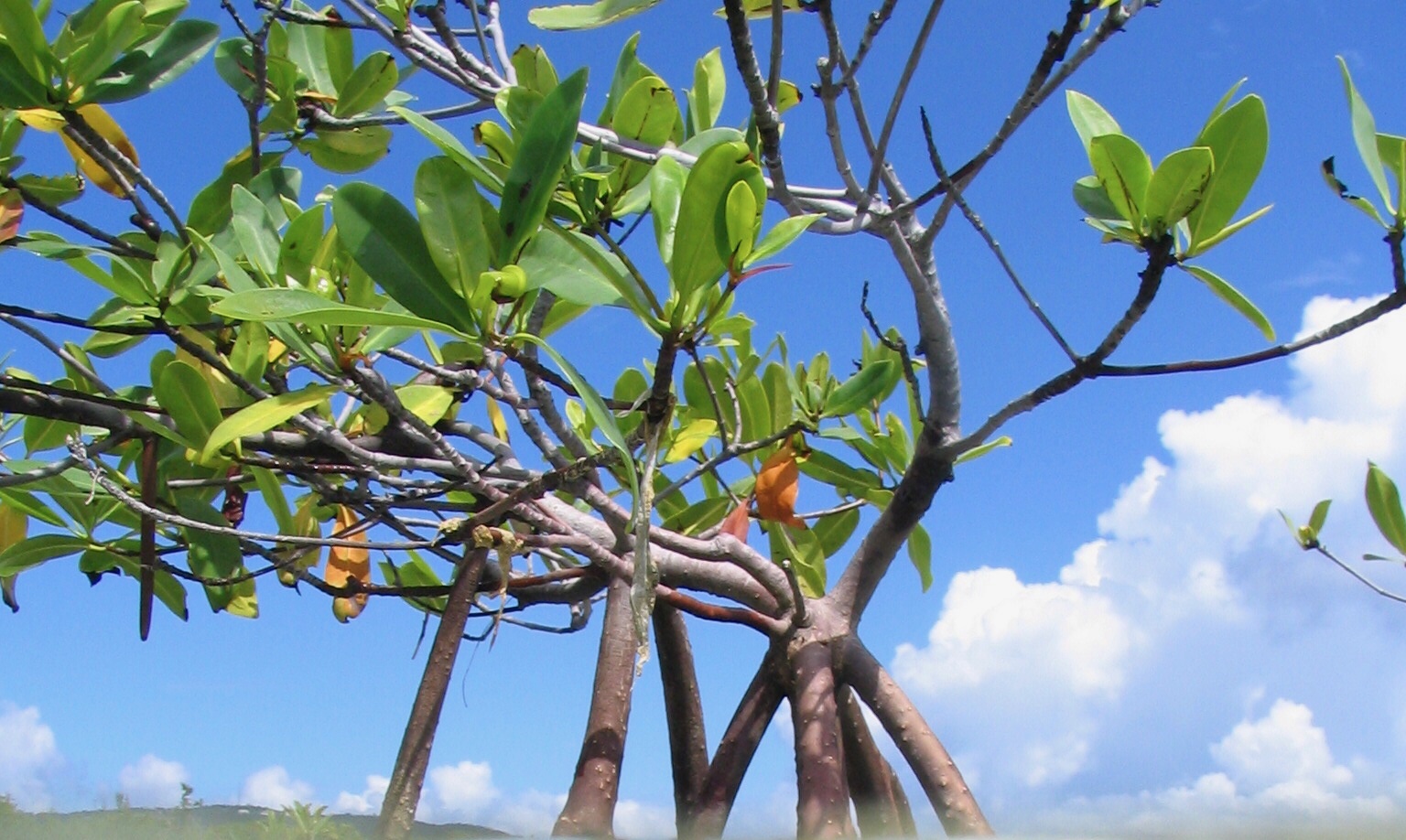Let's Talk Human Rights

A Reflection on Counterpart International's Global Ambassador Speaker Series
By Sage Beardsley '21
Counterpart International’s Global Ambassador Speaker Series covers various global development challenges, including climate change research and governance. I attended the first session in the new virtual series, which focused on climate resiliency in Northern Hispaniola.
Experts Brianna Radosti and Patricia Fernández began the presentation by discussing climate change issues and how their work in Northern Hispaniola works to alleviate the climate crisis and its effects on local communities. Fernández shared insight into her well-established career in the Dominican Republic’s international and environmental fields and highlighted the various types of support the country receives to reduce the impact of climate change.
Next, Radosti and Fernandez discussed the main goals of their work around climate resiliency within the Dominican Republic, such as the importance of networking within local governments, improving overall climate change acceptance, and managing ecosystems. Radosti then went on to elaborate on the mechanics behind these initiatives and changes, discussing how they were fulfilled and adequately integrated into the daily life of communities in these regions. She introduced one of Counterpart’s programs to illustrate how climate resilience developed through unique strategies and collaboration, the Integrated Marine Ecosystem Management in Northern Hispaniola (IMEM). The IMEM has three main initiatives. Fostering educational programs that “implement participatory and adaptive management provisions” in the Mangrove National Park, utilize local collaboration, and create new/ best practices for industries such as fishing and ecotourism.
Each initiative started with addressing issues within the community, and in many cases, the community relied heavily on the local government to implement and support change. One of the most significant issues Counterpart International met was low levels of climate change awareness throughout the Dominican Republic. As one of the countries most impacted by climate change, the DR needs to take a more proactive and holistic approach. As such, Counterpart’s approach to mitigating climate change included creating circulating crops that served as a multilayered resource for produce, runoff, and climate control and incorporating educational platforms to help generate a lasting effect on the Dominican region.
Counterpart has also created educational programs that teach high school students and university students alike about climate resiliency. These educational modules are not limited to the classroom itself. They are utilized as a practical and tangible response that can be used in everyday life. In addition to this, Counterpart International has created programs that promote sustainability in the Dominican Republics’ agriculture and tourism industries.
As part of Counterpart’s Coastal Climate Resiliency Program, workers in the Dominican Republic have partnered with programs that increase awareness of climate change’s repercussions and educate local communities on how best to combat climate change. Counterpart International has reached its goals by planting, tending, and cultivating mangrove crops. Mangrove crops have proven vital in the DR because of their ability to thrive in saltwater environments and harsh coastal climates, which is not a common trait among many plants and trees. Some benefits of these trees are that they sustain an abundance of fish and coral reef nurseries that bring species to the areas, and the crops have proved to limit the carbon footprint compared to other botanical crops.
One key takeaway from this lecture series is the importance of a detailed yet flexible strategic plan. As Fernández stated during the discussion, “...there are many plans to be created, and yet even those will have to be changed.” As research in climate change and climate resiliency evolves, so do Counterpart International’s plans for the Dominican Republic. For example, the approach to managing the Mangrove trees is a work in progress. While these trees should thrive in the Dominican Republics’ warm, tropical climate, the increasing temperatures and lack of precipitation has changed the overall environment in which the trees can grow.
Along with this, the mangroves are a newly formed endeavor to Counterpart, and the research and development of this project as well as the progress of the crops will be interesting to track throughout the next growing season. The organization will be carefully monitoring the Mangrove’s progression, to determine whether the trees continue to lower the CO2 in the atmosphere and if Mangrove crop education can be a beneficial and sustainable program to keep the crops prosperous.
This presentation allowed me to envision where my International Studies degree could potentially lead me. Jennifer Sobnosky, a Consultant with Counterpart and fellow UD student, helped moderate the panel. It was inspiring for me to see a young woman with experience comparable to my own in such a reputable role early in her professional life. This presentation showed me a pathway where my international studies and human rights interests could lead. As a whole, there was a strong female presence in this session of the series. Seeing women represented on this panel and directing the work of Counterpart International makes me excited about the progression of women in the international development arena.
Sage is a senior at the University of Dayton, obtaining a degree in International Studies with a concentration in Global Health. She is passionate about children’s health and is involved with Big Brothers Big Sisters and the UD Miracle Network. Upon graduation, she will be actively pursuing a career in the Health Service Sector.
